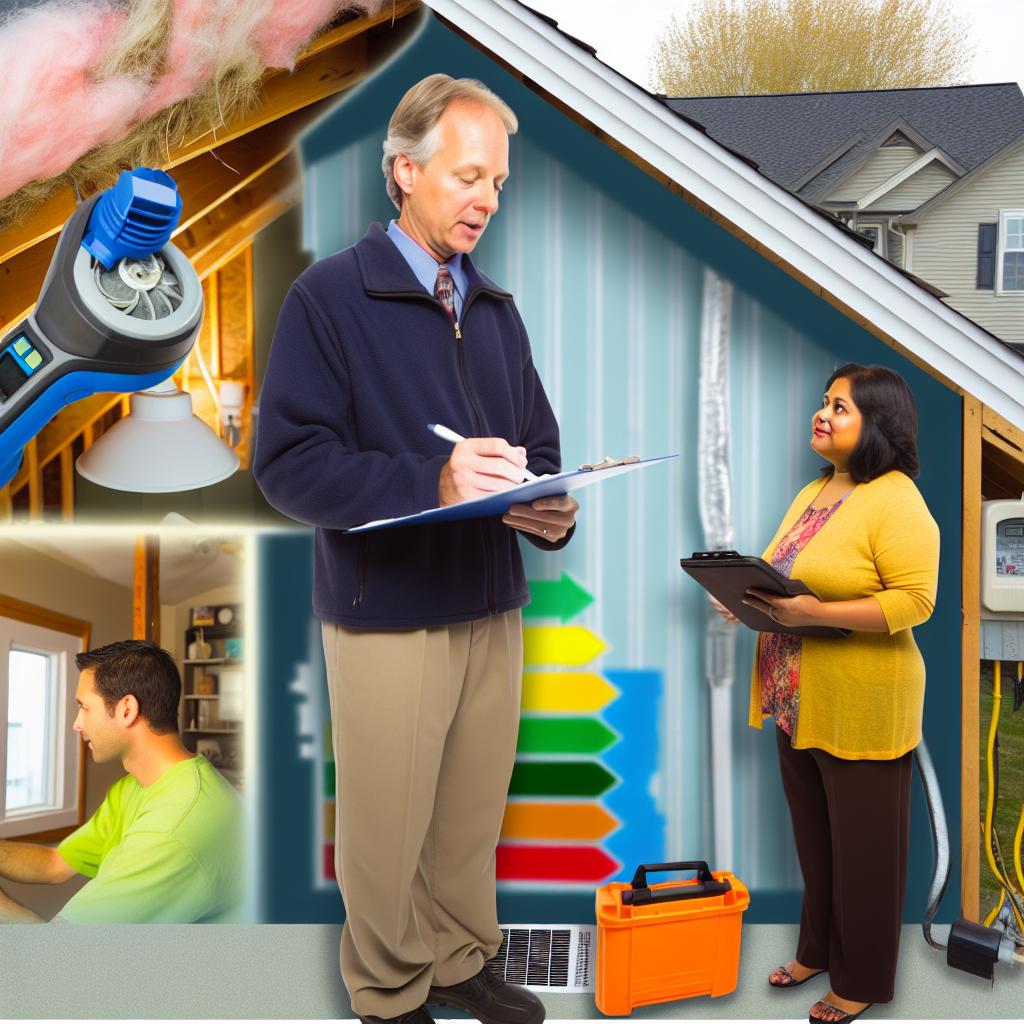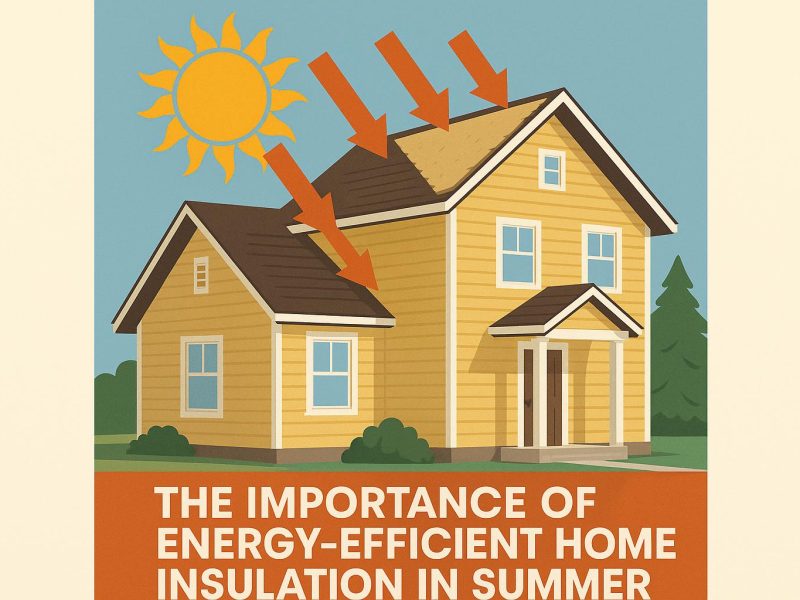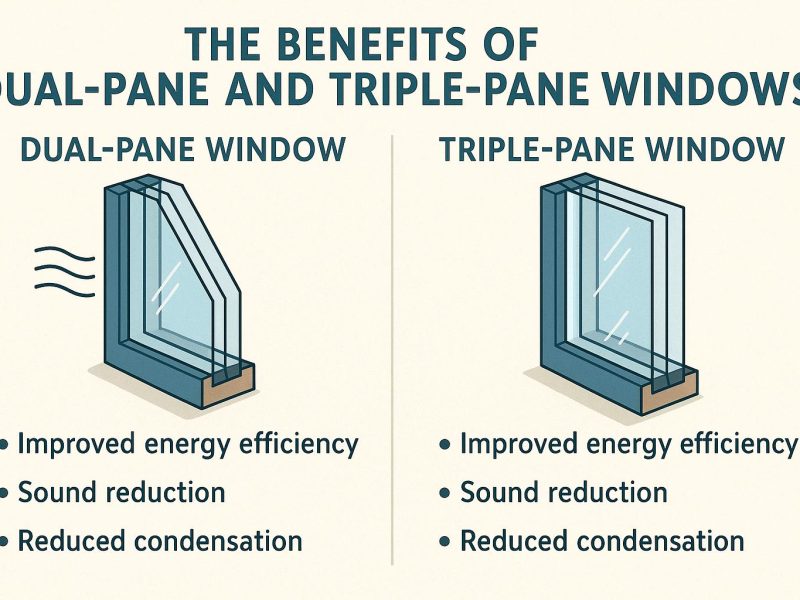The Importance of Home Energy Audits
A home energy audit plays a crucial role in assessing the energy efficiency of a residence. By evaluating how energy is used within a home, an audit can pinpoint areas where efficiency improvements can take place, ultimately leading to potential savings on energy bills. The process of conducting an energy audit provides homeowners with valuable insights into their energy consumption patterns, facilitating informed decisions about energy efficiency upgrades.
Understanding the Home Energy Audit
A home energy audit, also known as a home energy assessment, involves a comprehensive examination of a house’s energy usage. The main objective is to identify where energy is being lost or wasted and to establish measures for improvement. The scope of an energy audit typically encompasses structural analysis, inspection of insulation, and evaluation of heating and cooling systems.
During an audit, professional auditors employ various tools and techniques to uncover energy inefficiencies. These may include using blower doors to measure the airtightness of the house and infrared cameras to detect areas of heat loss or insulation gaps. The information obtained from these assessments allows auditors to compile a detailed inventory of energy performance issues.
Key Aspects of an Energy Audit
Auditors focus on specific elements of the home that are critical to overall energy efficiency:
Detecting Air Leaks: One of the primary concerns is identifying air leaks, which are common around windows, doors, and ductwork. Air leaks contribute significantly to energy loss, as they allow conditioned air to escape and unconditioned air to enter, resulting in increased energy expenditure to maintain comfortable indoor temperatures. By sealing these leaks, homeowners can effectively reduce energy loss.
Insulation Evaluation: Proper insulation is essential for maintaining a stable indoor environment. During an energy audit, the adequacy of current insulation is assessed against existing energy efficiency standards. Inadequate insulation can lead to considerable heat loss in winter and heat gain in summer, driving up heating and cooling costs.
Heating and Cooling Systems: The efficiency and condition of HVAC systems are scrutinized to determine if they are operating optimally. Inefficient or outdated systems can considerably inflate energy bills. Through the audit, recommendations for repairs, maintenance, or even upgrading to more energy-efficient models may be provided.
Outcomes of an Energy Audit
The culmination of a home energy audit is a detailed report that outlines the identified inefficiencies and offers targeted recommendations for improvement. This report serves as a roadmap for enhancing the home’s energy performance. Suggested implementations might include tasks like sealing leaks with weather stripping or caulking, adding or upgrading insulation, or replacing outdated appliances and systems with energy-efficient alternatives.
Implementing these recommendations can have substantial impacts on monthly energy bills and the overall energy footprint of the home. It’s a proactive approach to managing energy consumption and reducing associated costs.
Potential Benefits of a Home Energy Audit
The benefits of conducting a home energy audit extend beyond immediate financial savings:
Cost Savings: By addressing inefficiencies, homeowners can experience a significant reduction in energy consumption, which is directly reflected in lower utility bills. Over time, the cost savings from improved energy efficiency can offset the initial investment in an audit and subsequent upgrades.
Environmental Impact: Energy-efficient homes contribute less to greenhouse gas emissions. By reducing energy consumption, homeowners can reduce their carbon footprint, thus making a choice that benefits the environment. This aligns with broader efforts to address climate change and promote sustainable living practices.
Improved Comfort: Enhancements derived from an energy audit, such as better insulation and more efficient HVAC systems, lead to increased comfort within the home. Temperature extremes are moderated, and indoor air quality may be improved, creating a more comfortable and enjoyable living space.
The strategic implementation of energy audit recommendations not only enhances a home’s efficiency but also adds to its overall value. In the real estate market, energy-efficient homes are increasingly viewed as attractive investments, reflecting their potential for long-term savings and environmental responsibility.
Additionally, many local and regional governments, as well as utility companies, offer incentives or rebates for homeowners who pursue energy efficiency upgrades based on audit findings. Exploring these opportunities can further increase the financial benefits of the audit process.
For more detailed information about conducting a home energy audit, you can explore resources provided by organizations specializing in energy efficiency.
In conclusion, energy audits serve as an essential step for homeowners looking to optimize their energy use. By identifying and addressing inefficiencies, these audits not only facilitate significant financial savings but also contribute to creating a more sustainable living environment. The process underscores the importance of taking proactive steps towards energy management and supports a transition to more sustainable and environmentally friendly living practices. Investing time and resources into a home energy audit today can lead to substantial benefits for both the homeowner and the planet in the future.



